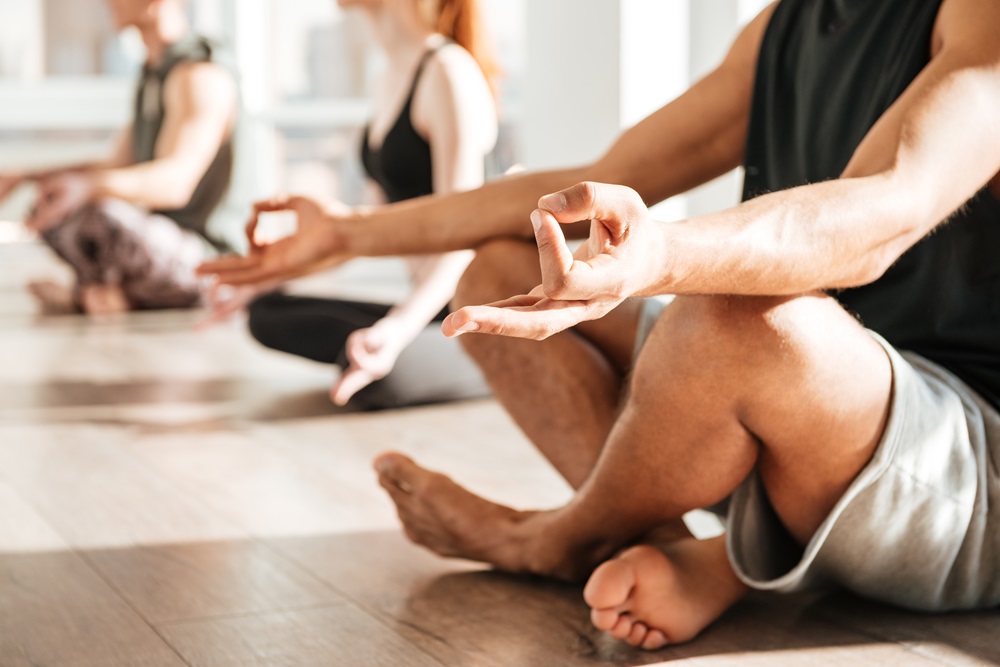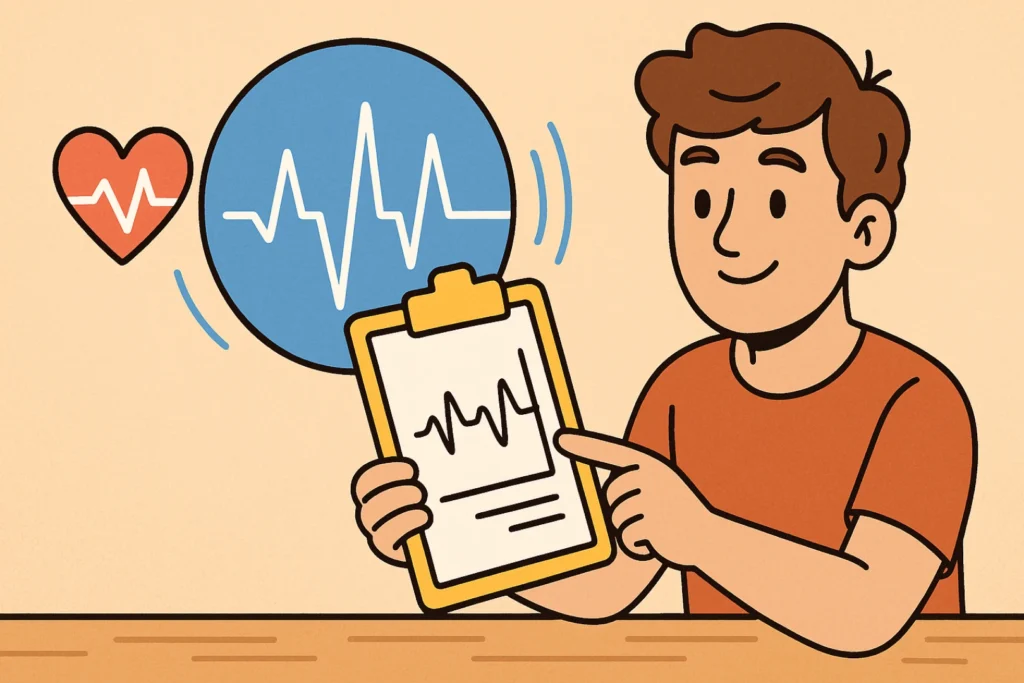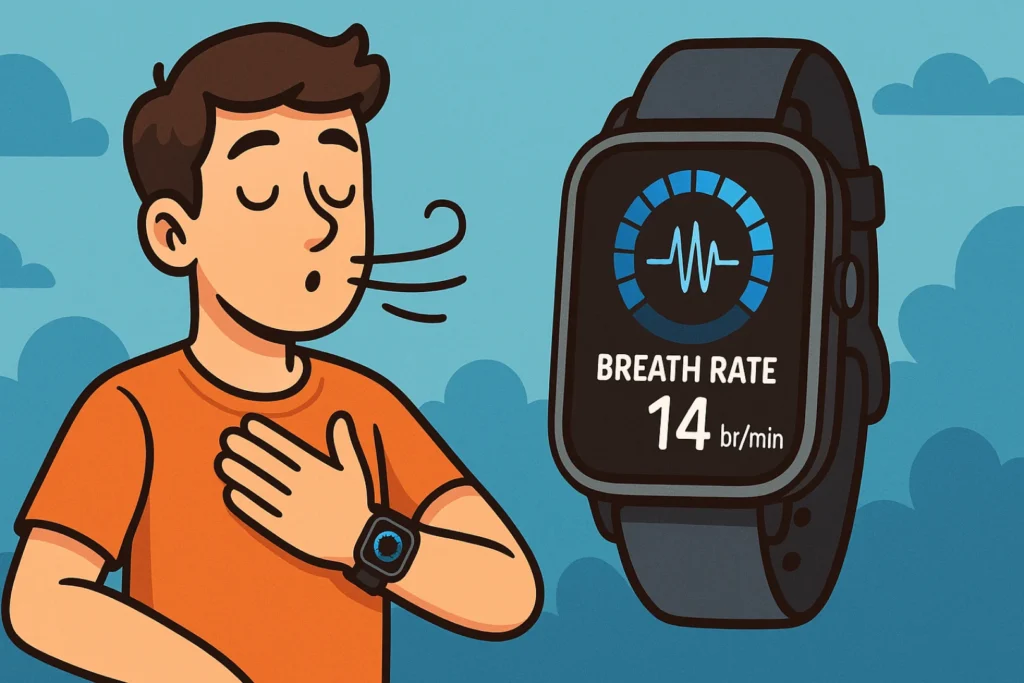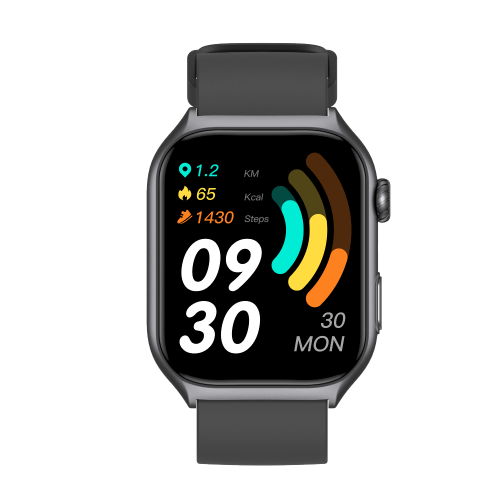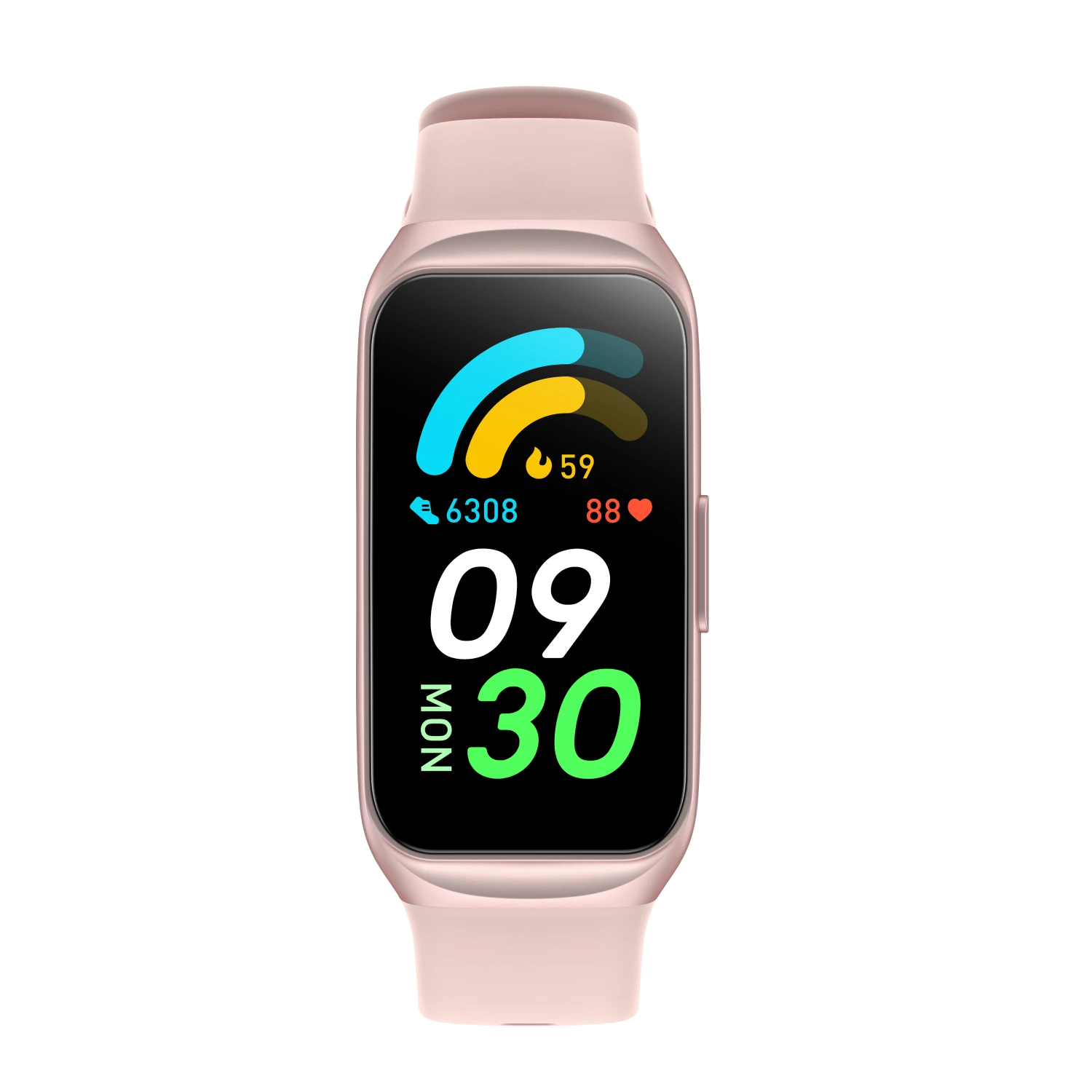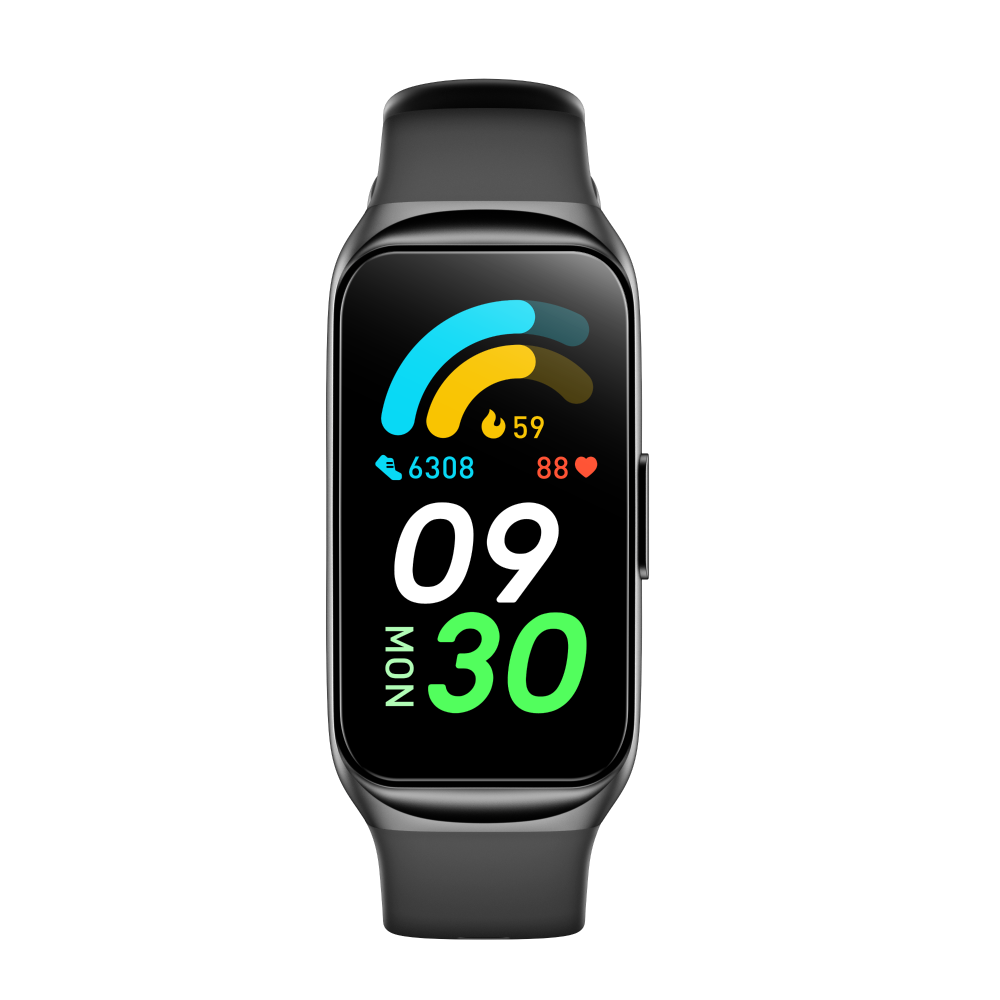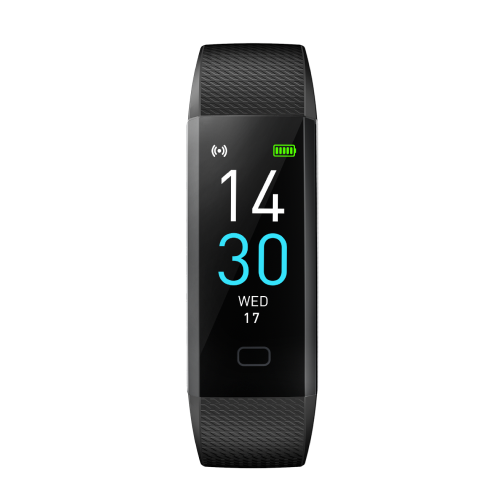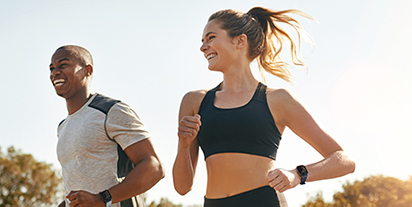Have you ever wondered why yoga studios are popping up on every corner and why your friends can’t stop talking about their latest class? In a world that’s constantly on the move, finding a moment of peace and balance can seem impossible. That’s where yoga comes in—a practice that not only strengthens the body but also calms the mind.
Offering a unique blend of physical exercise and mental relaxation, yoga has surged in popularity as a sanctuary from the daily grind. But why is yoga so great for beginners? Let’s break it down.
Why Yoga is the Perfect Start for Newcomers
If you’re new to fitness or simply looking for a manageable way to enhance your well-being, yoga is the ideal gateway. Here’s why:
1. Accessibility for Everyone
Yoga can be done by anyone—whether you’re young, old, fit, or just getting started. You don’t need fancy equipment or an expensive gym membership; all you need is some space and a mat. This makes it easy to incorporate into your daily routine, no matter where you are. It’s simple, yet effective.
2. Low-Impact & Gentle on the Body
Unlike high-intensity workouts that can be tough on your joints, yoga offers gentle movements, making it easy on your body. It’s perfect for beginners because you can stretch your muscles, increase your range of motion, reduce stiffness, and prevent injuries.
Whether you’re recovering from an injury or just starting, yoga builds strength and flexibility by promoting balanced muscles and proper movement. For example, aligning the spine during poses corrects posture and reduces back pain over time.
3. Flexibility and Strength at Your Pace
Beginners often worry about not being flexible enough, but yoga works with your body at your level. Poses that involve balancing, like Tree Pose, help develop a better sense of equilibrium and coordination.
You’ll gradually improve your flexibility, and at the same time, build muscle strength through poses that engage multiple muscle groups. You get stronger, more flexible, and more balanced—at a pace that’s comfortable for you.
4. Stress Relief Right from the Start
Feeling stressed? Yoga’s focus on breath control (pranayama) and mindfulness can help reduce anxiety and stress. Deep breathing helps calm the nervous system and lower cortisol levels (the stress hormone), bringing a sense of relaxation.
It’s not just about the poses—learning to breathe deeply and stay present makes yoga a powerful tool for calming the mind and relieving tension.
5. Body Awareness & Posture Improvement
Yoga encourages you to listen to your body, which can help you foster self-awareness and a deeper connection with yourself.
As you practice, you become more aware of how your body moves and feels. This heightened awareness improves posture, balance, and coordination, which are often neglected in daily life. For beginners, this mindful approach means better movement both on and off the mat.
6. Customizable to Your Needs
Whether you have physical limitations or specific fitness goals, yoga can be easily modified to suit your abilities. You can adapt poses, slow down, or even choose specific styles that match your needs. This flexibility makes yoga a personalized experience, perfect for anyone just starting out.
A Quick Intro to Yoga: What You Need to Know
At its core, yoga is an ancient practice that originated in India over 5,000 years ago. The word “yoga” is derived from the Sanskrit word “yuj,” which means “to yoke” or “to unite.” It unites body, mind, and spirit through physical postures (asanas), breath control (pranayama), and meditation (dhyana). The best part? You don’t need to know all the history to reap the benefits.
Yoga isn’t a one-size-fits-all practice. With various styles catering to different preferences, fitness levels, and goals, there’s something for everyone. Whether you’re seeking physical fitness, mental clarity, or spiritual growth, and regardless of your experience or body type, there’s a yoga style for you.
Popular Beginner-Friendly Styles:
- Hatha Yoga: A gentle introduction focusing on basic poses and relaxation. Ideal for newcomers.
- Vinyasa Yoga: Fluid movements synchronized with breathing, great for beginners looking for a bit more flow.
- Restorative Yoga: Focuses on relaxation through passive stretching, perfect for those seeking a gentler start.
Tips for Starting Yoga as a Beginner
- Start Slow: Begin with basic poses and gradually progress to more advanced ones.
- Practice Your Breathing: Breath control is key for focus and relaxation.
- Listen to Your Body: Don’t push too hard – If a pose feels uncomfortable, ease up or try a modification.
- Find a Good Teacher: Look for beginner-friendly or introductory classes at local studios or online platforms to ensure proper form and technique.
- Practice Consistently: Regular practice enhances progress and solidifies the habit. Even if it’s just a few minutes a day, is more beneficial than occasional long sessions.
- Seek Guidance: Don’t hesitate to ask instructors for help or modifications to suit your abilities.
If you’re looking for a practice that’s gentle, accessible, and beneficial in every way, yoga is the perfect starting point. Ready to begin your journey? There’s no better time than now to roll out that mat and give it a try.

